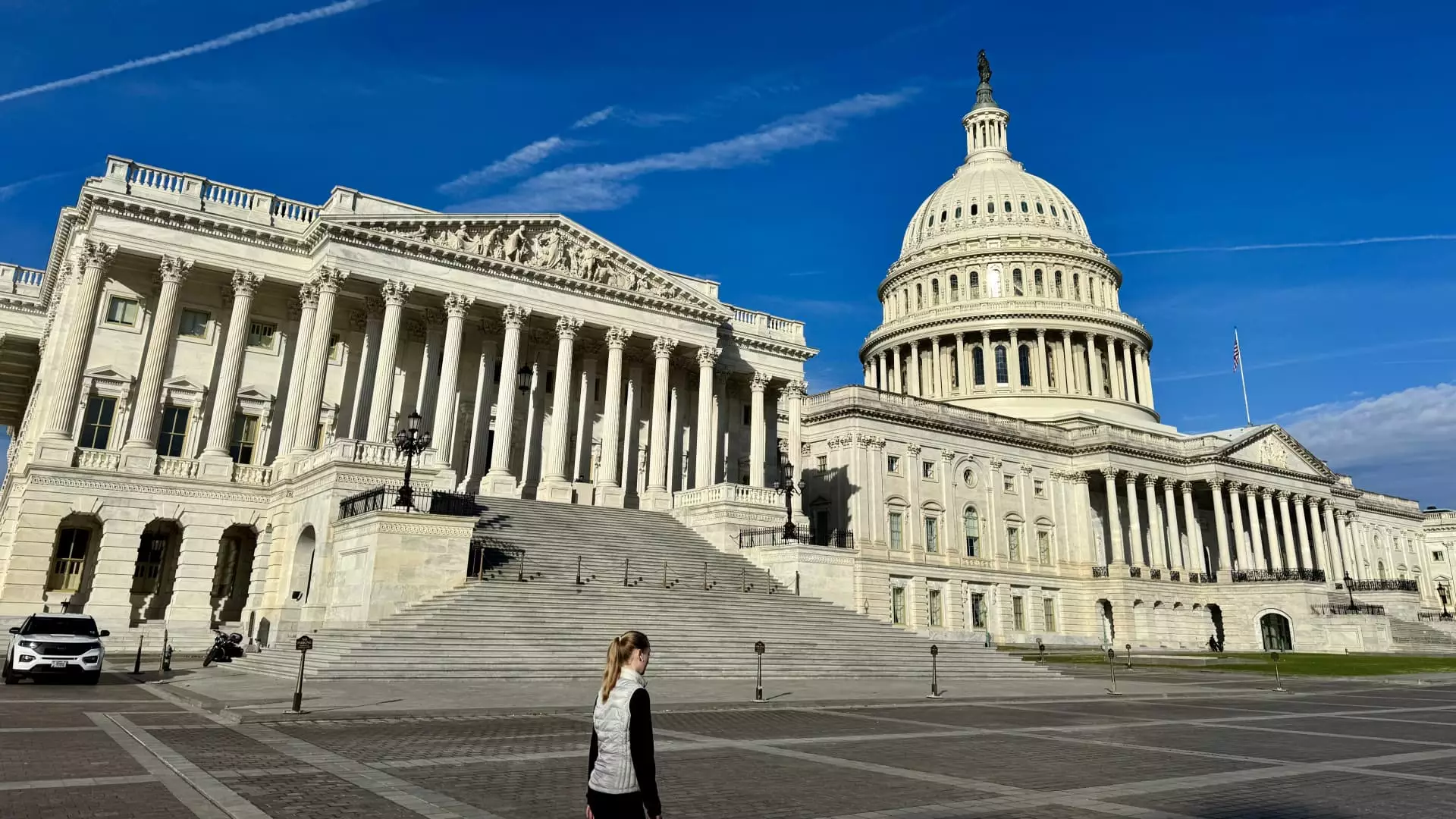On a day usually marked by gratitude and reflection, significant members of Connecticut’s congressional delegation found themselves at the center of a chilling incident: bomb threats targeting their homes. Such alarming occurrences have become distressingly common, reflecting a broader climate of political aggression that has escalated alarmingly in recent years. The threats, communicated through emails that ominously suggested the presence of explosive devices, highlight the unsettling intersection of politics and personal safety.
Details of the Incident
Democratic Representatives Jim Himes, Jahana Hayes, Joe Courtney, and John Larson, along with Senator Chris Murphy, shared their unsettling experiences with constituents. The threats were not mere isolated incidents; they appear to be part of a disturbing and coordinated campaign likely aimed at instilling fear among public officials. Hayes’ statement was particularly distressing as it detailed a police notification about a supposed bomb placed in her mailbox—a horrifying scenario for anyone to confront, especially during a season meant for companionship and thanks.
The immediate response from local and state law enforcement was robust, but fortunately, no bombs or explosive materials were discovered during their investigations. Each representative expressed gratitude for the prompt actions of law enforcement, reflecting an understanding that public safety must remain at the forefront amid such threats.
The incident not only underscores the personal risks faced by those in public office but also enhances the discourse surrounding political violence in the United States. Himes, in his statement on X, emphasized the importance of civility, hoping that the community could navigate the holiday season peacefully. This sentiment echoed across the statements of his colleagues, suggesting a strong consensus against the normalization of aggressive rhetoric and threats in the political arena.
Courtney’s office issued a statement highlighting their dedication to law enforcement officers whose action serves as a deterrent against such behavior. Indeed, the willingness of these public servants to stand firm against intimidation is commendable, yet it raises questions: Why have such threats become increasingly prevalent? What societal factors contribute to this troubling trend?
Statistics reveal a troubling trajectory. The U.S. Capitol Police had recorded over 8,000 incidents involving threats against lawmakers in the previous year alone—a significant rise from the 7,500 threats reported in the prior year. These figures encapsulate a broader shift in the political landscape where threats, both direct and indirect, are growing in frequency and severity. The recent threats against Connecticut’s lawmakers are not isolated; they occur in a context where political rhetoric often borders on vitriol, and where hostility has become intertwined with governance.
This pattern runs parallel to incidents from the recent past, where officials from the previous presidential administration were similarly targeted. The use of threats, including bomb and “swatting” incidents, has become an alarming method for exerting pressure and intimidating political figures, dishearteningly seen as a tactic rather than an aberration.
The assault on civil discourse extends beyond individual threats—it challenges the very framework of democracy, which relies on the free exchange of ideas and contrasting opinions. As political violence makes headlines, it is crucial for citizens, leaders, and communities to reconsider how they engage in discussions surrounding politics.
Restoration of civility within public discourse, accountability for those who issue threats, and a culture that promotes respectful debates are imperative. Lawmakers must continue to rely on law enforcement while also leading by example, emphasizing that divergent opinions can be addressed without resorting to intimidation.
Efforts to address these issues are already witnessed through initiatives from advocacy groups that underline the importance of protecting public officials from threats. However, the onus does not rest solely on the authorities; a societal shift in how individuals perceive and engage with politics is equally crucial.
The bomb threats targeting Connecticut’s congressional delegation serve as a stark reminder of the challenges facing our political system today. They highlight an urgent need for a collective response to protect those who serve the public. As a society, we must be willing to confront the root causes of political violence and commit to fostering an environment where respectful and peaceful dialogues are prioritized, allowing democracy to flourish free from fear. Only through a unified front can we hope to restore the integrity and safety of political discourse in America.


Leave a Reply